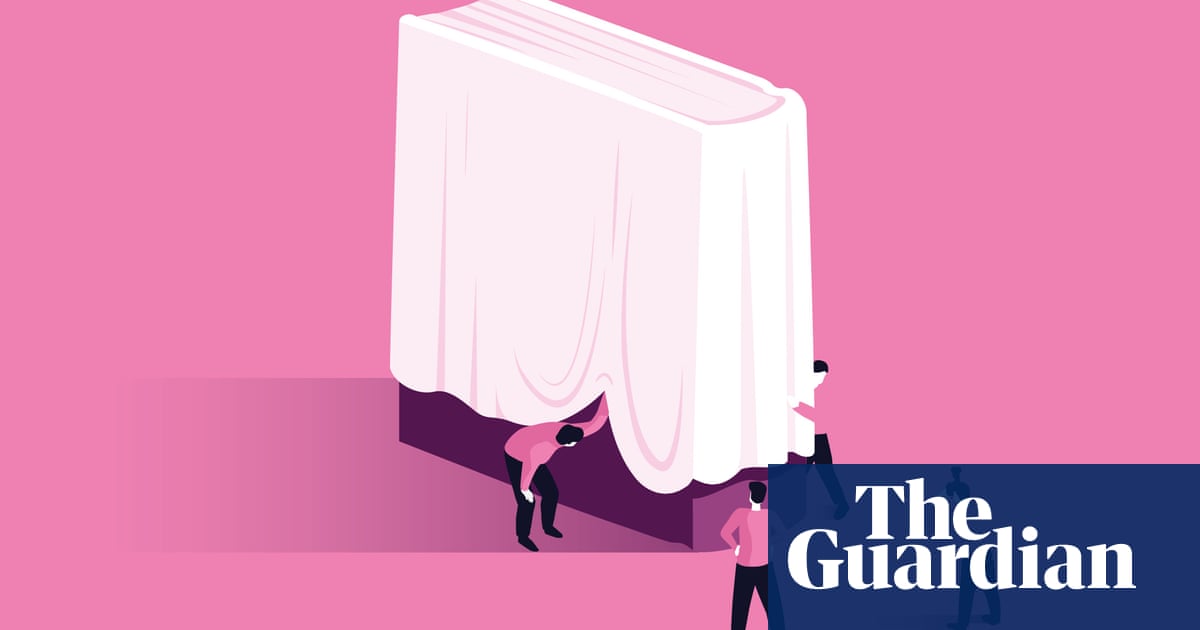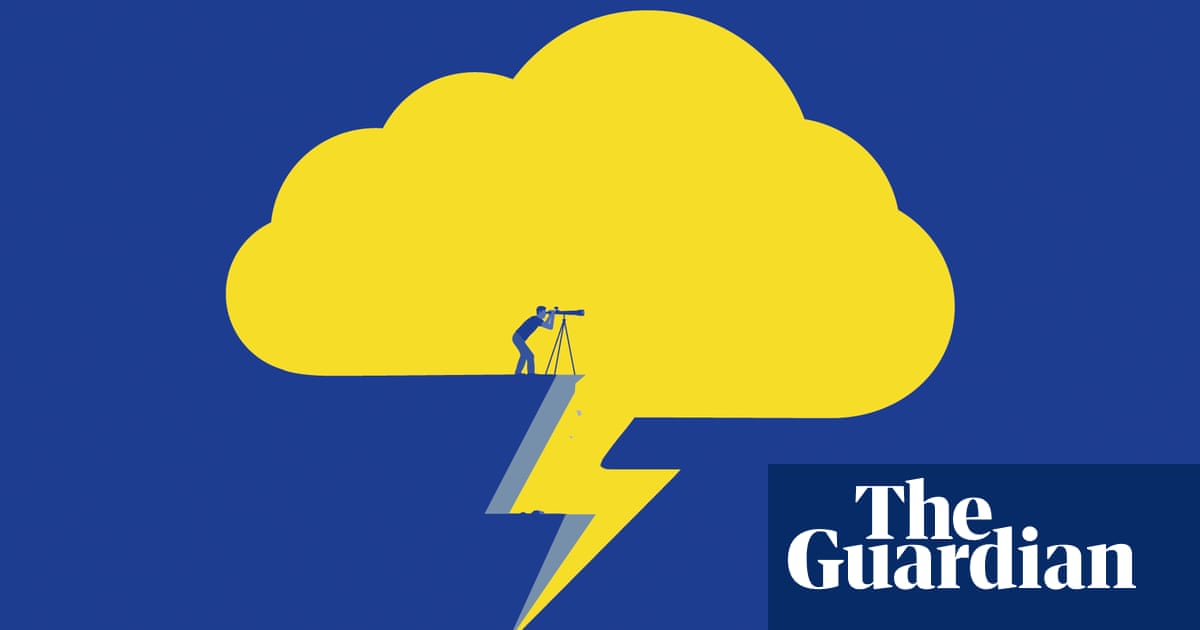
Exposed, the undulating surface of the brain is shimmering and opalescent, punctuated with arteries and veins. Give any part of it the tiniest jolt of electricity with a pen-like probe and it will activate the neurons in that spot. Neurosurgeons use this technique during some types of brain surgery to locate the source of seizures, or to avoid damaging vital tissue.
While the procedure is happening, the patient is awake, but feels nothing, since the brain doesn’t have so-called nociceptors, or pain sensors. Because the thin, outermost layer is responsible for consciousness, language, perception, memory and thought, moving the probe from spot to spot can reveal quite a lot. It can trigger smells, memories of childhood – even nightmares. Use the probe to touch a particular part of the brain: nightmare on. Remove the probe: nightmare off. In this way, I’ve witnessed first-hand how dreams are truly part of the neural architecture. They’re very much built into our bodies.
I’ve also observed the power of dreams to persist in the face of terrible injury. I’ve seen how children who have had half their brains removed as a last-resort treatment for intractable seizures still report dreaming. I have come to realise that virtually everyone has dreams, though we often don’t remember them. And of course, people born blind dream. They make up for their lack of visual content by experiencing more sound, touch, taste and smell than sighted people.
It’s conceivable that we actually spend almost a third of our lives dreaming
Recent research suggests that dreams may also play a bigger role in our sleep than previously thought. For decades, scientists studying dreaming focused on only one stage of sleep, so-called rapid eye movement, or REM, sleep. They concluded that we spend about two hours a night dreaming, more or less. If you do the maths, this adds up to about a 12th of our lives immersed in dreams, a month out of every year. That would represent an enormous commitment to dreaming. But it turns out that even that may be a gross underestimate. When researchers at sleep labs wake up study participants at different points – not just during REM sleep – they find that dreaming is possible at any stage. It’s conceivable that we actually spend almost a third of our lives dreaming.
Dreams are the product of profound changes the brain automatically undergoes each night. The rational, executive network in the brain is switched off, and the imaginative, visual and emotional parts are dialled way up. As a result, the dreaming mind is given free rein in a way that has no parallel in our waking lives. We couldn’t think this way when we are awake even if we tried.
Far from being dormant, the sleeping brain burns glucose and pulses with electricity to produce dreams. But why devote this kind of energy to the creation of wildly imaginative and highly emotional nocturnal experiences for an audience of one – especially when they often seem nonsensical? I’m confident that we wouldn’t expend the resources required for dreaming, while leaving ourselves more vulnerable to predators, unless dreams were a vital feature of our minds.
There are a number of theories that attempt to explain the evolutionary benefits of dreaming. These include keeping our minds nimble while we sleep, making us more intuitive, giving us outrageous scenarios so we can better understand the everyday, serving as an overnight therapist, and rehearsing threats so that we’re better prepared. Evidence for the latter includes one study that showed prospective medical students who had dreamed about things going terribly wrong during their entrance exam tended to do better when they took it the following day.
I believe there may be some truth to all of these theories. As our brains have evolved over millions of years, it seems reasonable that the role of dreams has expanded and evolved with them. We don’t try to find a single evolutionary benefit for waking thought. Why should we attempt to constrain the purpose of dreams?
During my training, I spent some time in transplant surgery. When we put in hearts and lungs, kidneys and livers, we never connected the nerves. Give that some thought for a moment, as I have. What I realised was that our most vital organs are passive participants in the sleeping body. This suggests to me that it’s not so much the body that needs to sleep, but the brain. In fact, the dreaming brain shuts the body down through a form of chemical paralysis, liberating itself to fully experience the dream without risking bodily injury by it being acted out.
What should we conclude from all of this? Essentially, that dreaming is not some optional extra, a kind of decoration on top of the serious business of sleep. No, we need to dream. If we’re sleep deprived, the first thing we catch up on is dreaming. Spend a whole night awake, as I often did during training, and the next night of sleep explodes into vivid, REM dreaming, rather than following the normal 90-minute sleep cycle. And if you’ve had enough sleep but are dream deprived (something only possible because of interventions made in a sleep lab), you immediately start dreaming as soon as you fall asleep again.
Even in the total absence of sleep, vivid dreams can emerge. Among people with fatal familial insomnia, a rare and lethal genetic disease that makes sleep impossible, the need is so strong that dreams escape their normal confines, leaking into waking life.
There is so much focus these days on the benefits of sleep for our mental and physical health. That’s entirely justified. But given the many potential benefits of dreaming for our waking life, maybe it’s not the sleep we really need, but the dreams.
Rahul Jandial is a neuroscientist and author of This Is Why You Dream (Cornerstone).
Further reading
Why We Sleep: The New Science of Sleep and Dreams by Matthew Walker (Penguin, £10.99)
When Brains Dream: Exploring the Science and Mystery of Sleep by Antonio Zadra and Robert Stickgold (WW Norton, £13.99)
The Shapeless Unease: My Year in Search of Sleep by Samantha Harvey (Vintage, £9.99)












